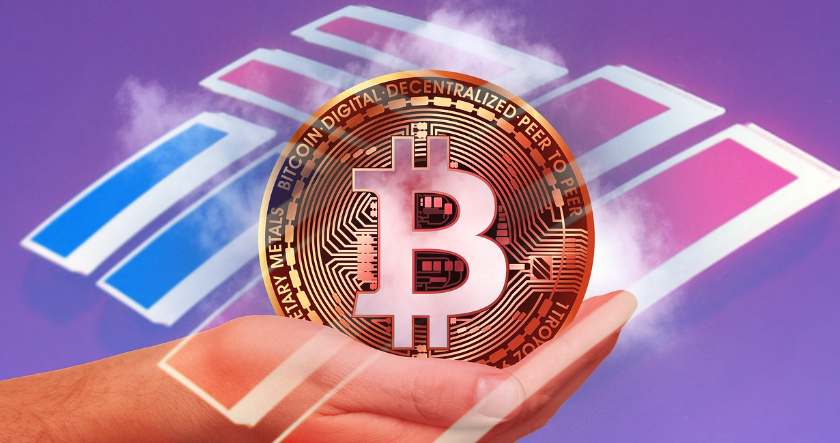Image by MoneyBlogNewz / Photoshopped / CC BY 2.0
In an interesting turn of events, Bank of America recently informed PayPal’s former CFO Roelof Botha that his account would be suspended after having been a customer for 20 years. Botha took to Twitter to voice his dissatisfaction, noting his long-standing relationship with the bank and lamenting on how BofA provided no explanation whatsoever for their actions.
While some were sympathetic with Botha’s plight and noted that their BofA accounts have likewise been closed after years of good service, possibly due to crypto use, others could hardly suppress their bemusement considering the person involved. As a payment processor, PayPal has garnered plenty of infamy over the years for withholding and manipulating their clients’ assets however it sees fit. In more recent times, PayPal has also chosen to clamp down on cryptocurrency users and traders, often by closing their accounts over suspected crypto use.
While PayPal ex-CFO’s account being closed by another bank for his potential use of crypto invokes the saying “hoisted by his own petard”, there is much more to say about these developments. The news have brought to light important, yet often overlooked problems regarding how private banks handle clients and their assets. With distrust and dissatisfaction growing on consumers’ part, advocates have repeatedly stated that private companies can handle their business however they like within the confines of the law.
Yet, as Bitcoinist’s Martin Young notes, this is simply not enough, especially when far better alternatives are rapidly springing into action. Before the advent of cryptocurrencies, those wanting to facilitate payments or safely store their money indeed had little choice but to subject themselves to the whims of a central, private institution that does whatever it sees fit. In the case of private banks like Bank of America, this usually translates to privacy issues and the threat of being locked out of your assets at any time. PayPal goes a step further by introducing substantial fees for payment processing on several ends, along with other highly dubious practices.
With the normalization of Bitcoin and other tokens, however, consumers have finally been given an alternative to legacy payment systems. Bitcoin allows users to hold their money in a decentralized ledger that can’t be accessed or manipulated by a third party for any reason. Moreover, Bitcoin provides a means of sending cross-border payments without having to worry whether a third party will approve the transaction or add a massive service fee for its troubles.
Strengthening the case for Bitcoin as an alternative is Young’s belief that the banking system is once again nearing collapse, a belief shared by many other analysts and pundits. With negative interest rates becoming the norm, private banks and legacy payments processors alike could soon find themselves overshadowed by an alternative that beats their offer on every level.







